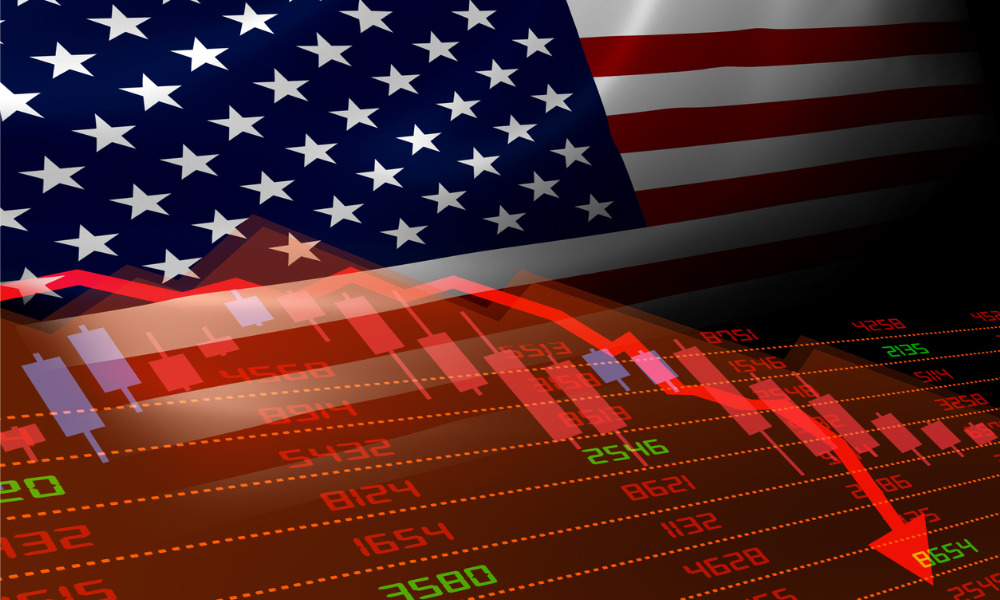

Economists raised their U.S. growth projections through early 2024 and trimmed recession odds to a one-year low as consumers continue to spend.
The economy probably expanded at an annualized 3.5% rate in the third quarter, the fastest in nearly two years, as forecasters marked up their household spending forecasts. And while growth is seen slowing in the following two quarters, economists in the latest Bloomberg monthly survey still marked up their estimates for gross domestic product.
A still-robust labor market continues to support household spending, despite the burden of high borrowing costs and inflation. Employment projections for the next year were revised higher, helping explain why economists now see even odds of a recession in the next year.
“The U.S. economy has had a stellar summer,” said James Knightley, chief international economist at ING. “Robust consumer spending has been the main driver, with households keen to maintain their lifestyles by tapping savings and borrowing on credit cards while inflation continues to eat into spending power.”
Respondents see the personal consumption expenditures core price index, which excludes food and energy, rising an average 2.6% in 2024 — matching last month’s projection.
While the median forecast indicates economists think the Federal Reserve is done raising interest rates, they also anticipate a slower pace of rate cuts next year. That may be due in part to strong economic data that will likely keep interest rates higher for longer, as well as a recent surge in longer-term Treasury yields that’s causing financial conditions to tighten.
Fed Chair Jerome Powell said in a speech Thursday that “persistent changes in financial conditions can have implications for the path of monetary policy.”
“Given the uncertainties and risks, and how far we have come, the committee is proceeding carefully,” Powell told the Economic Club of New York.
Among potential headwinds for economy are the resumption of student-loan payments, dissipating savings from the pandemic, high borrowing costs and a strike at the nation’s three largest automakers.
“Despite current economic readings coming in stronger, we still expect a mild recession to unfold in 2024,” said Kathy Bostjancic, chief economist at Nationwide Life Insurance Co. “The jump in yields that underpin borrow rates will engineer a slowing in employment and income growth that leads to a pull back in consumer spending.”
The Bloomberg survey was conducted between Oct. 13-18 and included responses from 74 economists.

The looming threat of federal funding cuts to state and local governments has lawmakers weighing a levy that was phased out in 1981.

The fintech firms' new tools and integrations address pain points in overseeing investment lineups, account monitoring, and more.

Canadian stocks are on a roll in 2025 as the country prepares to name a new Prime Minister.

Carson is expanding one of its relationships in Florida while Lido Advisors adds an $870 million practice in Silicon Valley.

The approval of the pay proposal, which handsomely compensates its CEO and president, bolsters claims that big payouts are a must in the war to retain leadership.
RIAs face rising regulatory pressure in 2025. Forward-looking firms are responding with embedded technology, not more paperwork.
As inheritances are set to reshape client portfolios and next-gen heirs demand digital-first experiences, firms are retooling their wealth tech stacks and succession models in real time.
